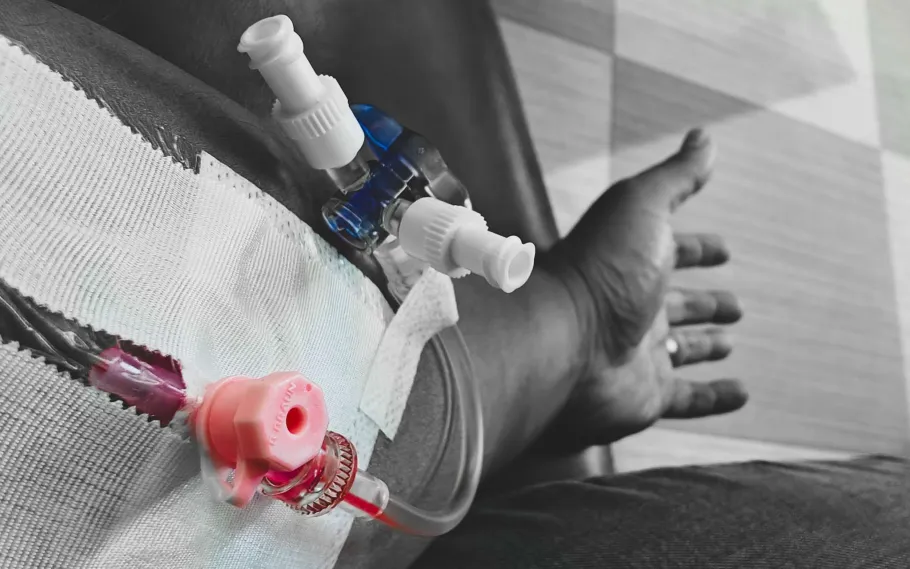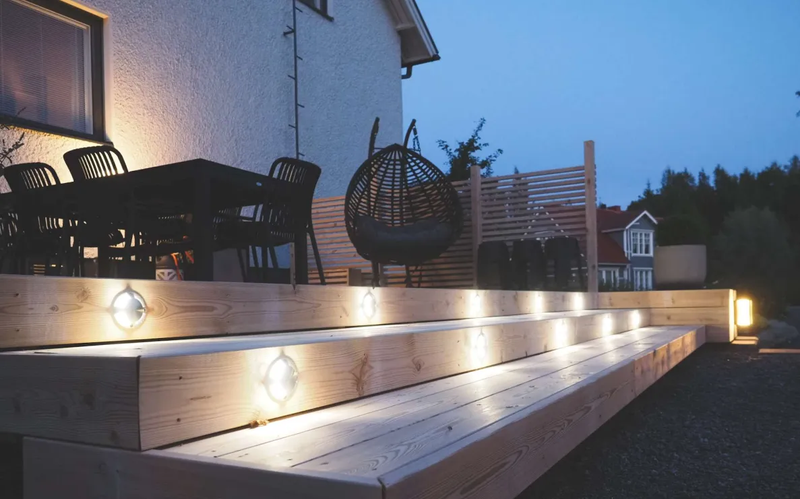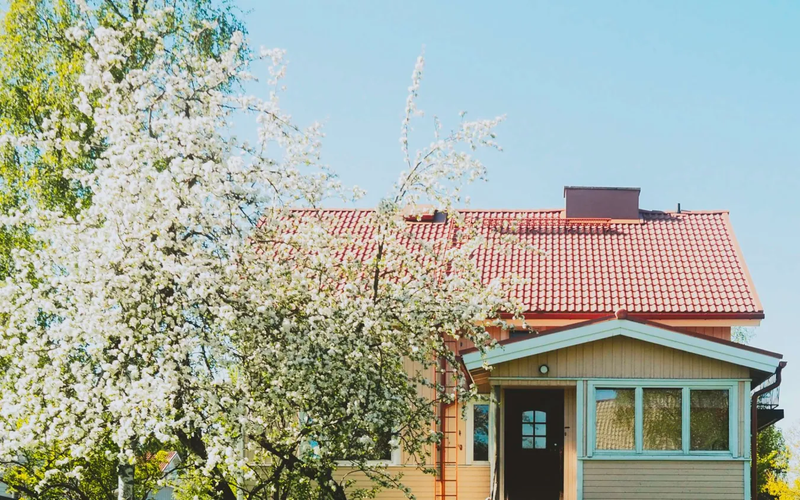Trading Compassion
42 comments
I am here for perhaps my last hospital administered treatment of the new medication, before I am able to do it myself at home again. The change in medication was because the last one was working, but not working well enough according to the doctor, so this one might be better. This is my third treatment after starting two months ago, and so far so good I guess. I have given up on ever being cured, or even feeling good - but I am still clinging onto being "okay" most of the time.
I have to wait an hour or two after the treatment to monitor for negative reactions.

I am in the hospital café.
The nurse I had today was really friendly, like all the nurses in the stomach department I have met. I think they have a pretty good understanding of how horrible it can be for their patients, and have compassion enough to make visits as pleasant as they can. After the nurse did something on the machine that controls the flow speed, she complained how slow the machine was to reset, and I joked about how impatient young people are. Since no one else was in the room at the time, we continued the conversation about the different aspects of life these days compared to the past and how our environments have changed, and how it has affected our behaviours and mindset.
We get bored incredibly fast.
Which makes sense, because with constant access to entertainment, not a minute passes that we have to "do nothing", because we can so easily turn our attention to a screen of some sort. However, this also means that we are focused in our own bubble, missing out on the experiences that surround us. As I have often mentioned, there are a lot of lonely people in the world, yet rather than striking up a conversation with the person at the bus stop or in the adjacent seat on the train, people rather stay "safe" in their bubble, hiding behind screens and headphones.
My wife mentioned the other day that at the hairdresser, she can order a "silent service" where instead of the hairdresser talking constantly, they will keep it to a bare minimum of what is necessary. Uber and other apps have similar possibilities. My wife sees this as a good thing, because she would be able to work. However, I see it as a missed opportunity to engage, even if the engagement is the conversation to say, "Hey, I have some work to do, is it okay if I focus on my laptop while you cut my hair?"
But that conversation is apparently too uncomfortable for many people.
But as I see it, the more conversations that we avoid due to discomfort, the more uncomfortable conversations will be necessary, because we don't learn the techniques on how to manage the conversation, or our emotions associated with them. So, we get practically worse the more we avoid the discussions. And this happens any time we choose to avoid instead of deal with whatever "hardship" we face. Avoidance might make us feel safer in the moment, but is generally only going to escalate a problem that won't go away by itself, making the eventual need to deal with it, much harder.
And what is interesting perhaps is that if we don't build the skills to talk with people, even strangers, when we do have to face the inevitable problems in our lives, we become more alone in it, with less sense of support, which makes dealing with it harder again. Especially when it comes to illness, although I don't won't to be a burden on anyone at all, I do understand the benefits of sharing the experience, and getting the support from others, whether it be family or friends, or a random nurse I might never talk to again.
And that cuts both ways.
Dealing with sick people all the time may be rewarding, but it doesn't mean it is an enjoyable experience. So when I am in these places, I look to make the nurses' jobs easier in some way where possible, by not just focusing on my needs, or the way I feel. Feeling like crap isn't an excuse to treat people like crap, even if they understand that it isn't personal. Having a joke around and turning an at times very uncomfortable situation into a positive shared experience, has value. The physical discomfort might not ease much, but we are more than physical beings.
Compassion cuts both ways too.
It isn't about who feels worse in the moment getting the help, it is about working together to improve the situation for everyone involved. Sometimes it isn't possible, yet often it is. But if we spend all our time in our bubble, ignoring the environment around us and the people we interact with, then we are less capable of both identifying the needs of others, and doing something about it. We might avoid to make ourselves feel better, but as everyone is doing similar, we are ultimately going to feel worse.
It is a slippery slope.
Taraz
[ Gen1: Hive ]
Be part of the Hive discussion.
- Comment on the topics of the article, and add your perspectives and experiences.
- Read and discuss with others who comment and build your personal network
- Engage well with me and others and put in effort
And you may be rewarded.



Comments